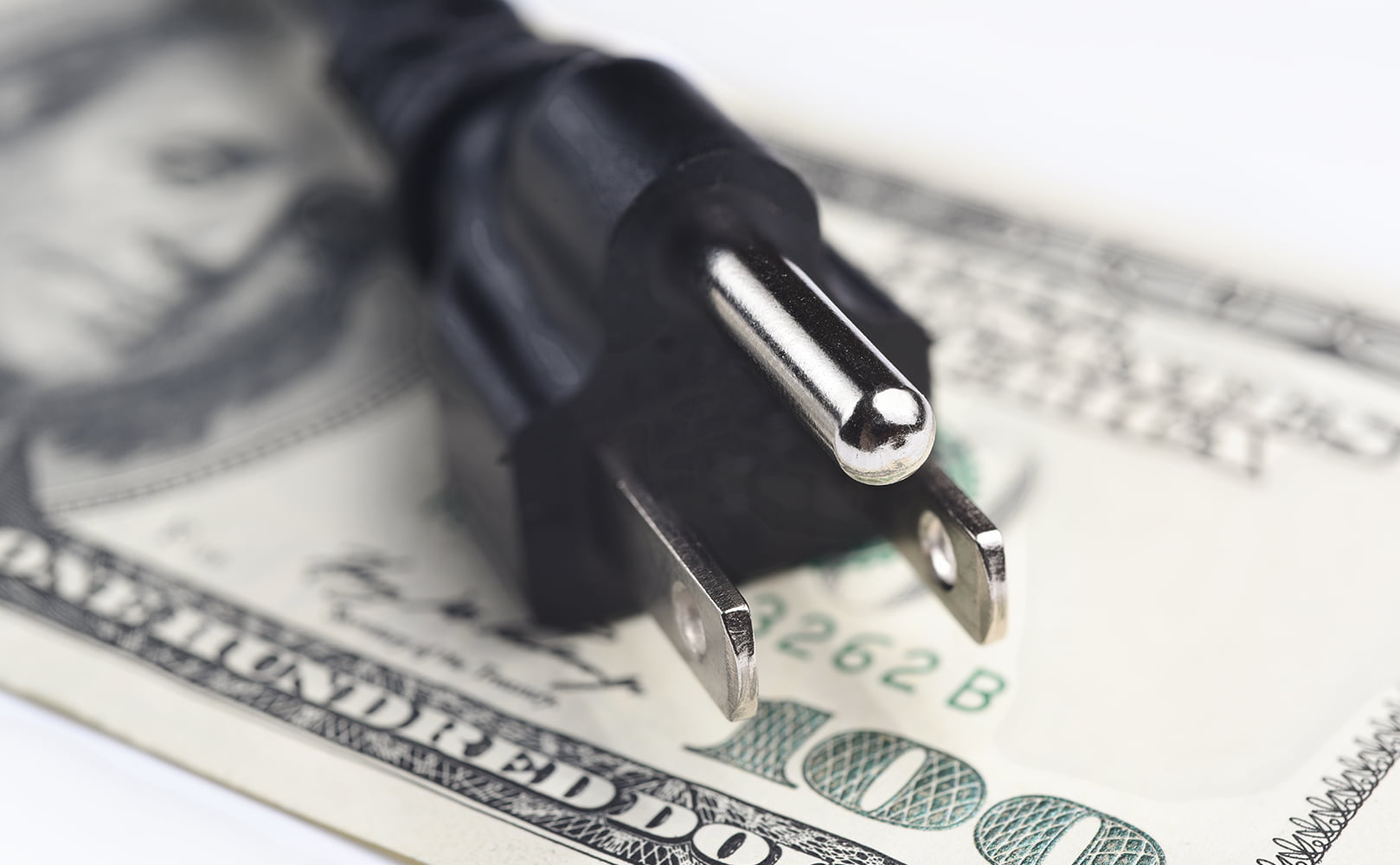How Much Electricity Does a UV Water Filter Use? Let’s Find Out!
Written by: Gene Fitzgerald // Last Updated: Nov 24, 2022
This page may contain affiliate links. If you buy a product or service through such a link we earn a commission at no extra cost to you. Learn more.
UV water filters have proven to offer an effective way of water disinfection.
Millions of homes in the US now use this type of system. If you’re considering getting a UV water purifier, too, you might want to know how much electricity it uses and what it’ll cost you. This article will explain exactly that.
So, how much electricity does a UV water filter use?
Key Takeaways
- The amount of electricity a UV water filter uses mainly depends on its type.
- Point-of-use UV water filters have about 10-15 W. At 24/7 use, this amounts to about 100 kWh per year.
- Point-of-entry systems run on 25-60 W on average. This adds up to roughly 300 to 400 kWh yearly.
How Much Electricity Does a UV Water Filter Use?
The amount of electricity a UV water filter uses largely depends on the type of system in question. There are two main types: Point-of-entry (POE) and point-of-use (POU) UV water filters.
- POE systems are whole house UV filters, which filter the water at the main entry point. As such, they provide disinfected water throughout the entire home.
- POU systems filter water at a single point of use, providing less filtering coverage.
Since POE filters have to purify much more water, they’re bound to use more electricity than POU systems.
How Much Electricity Does a POE UV Water Filter Use?
The UV lamps in POE water filters are more powerful than those of POU filters; hence they use more energy. Whole house UV water filters typically have bulbs that use between 25 and 60 watts. For comparison, this is around the number of watts a regular light bulb uses.
Furthermore, whole house UV units typically run 24/7. Some of these systems use a flow meter that reduces energy consumption if they don’t detect water flow, but this is an exception. Most UV systems do not have a flow meter.
To calculate how much a POE UV filter would cost, you need to multiply the number of hours it runs per day by its power. For instance, if your UV filter uses 50 watts and you use it for 24 hours a day, it’ll cost $0.18 daily (based on average electricity rate of $0.15).
Two more examples of real-life whole house UV water purifiers:
- SpringWell SPRW-UVC5-15m UV Filter: This product uses 50 watts. If it runs for 24 hours, it uses 1.2 kWh per day, which is 438 kWh yearly. At an average cost of 15 cents per 1 kWh, the yearly cost amounts to $65.70.
- Pelican Standard UV Disinfection System: This product uses 40 watts. If it runs for 24 hours, it uses 0.96 kWh daily, which is 350.4 kWh yearly. Total cost: $52.56.
How Much Electricity Does a POU UV Water Filter Use?
POU water filters use far less energy than POE UV filters. On average, they use between 10 and 15 watts. As a result, they incur less energy costs than POE systems.
For instance, the Crystal Quest CQE-UV-00101 Ultraviolet Water Sterilizer uses no more than 11 watts. At 24 hours, this adds up to 0.264 kWh daily and 96.36 kWh yearly. This adds up to only $14.45 every year. And it’ll be even less if you don’t let the system run around the clock.
If you have any thoughts about the question, how much electricity does a UV water filter use, please don’t hesitate to leave a comment below!
Information provided on BOS is for educational purposes only. The products and services we review may not be right for your individual circumstances.
We adhere to strict editorial guidelines. Rest assured, the opinions expressed have not been provided, reviewed, or otherwise endorsed by our partners – they are unbiased, independent, and the author’s alone. We fact-check all content for accuracy. It is accurate as of the date posted and to the best of our knowledge.


